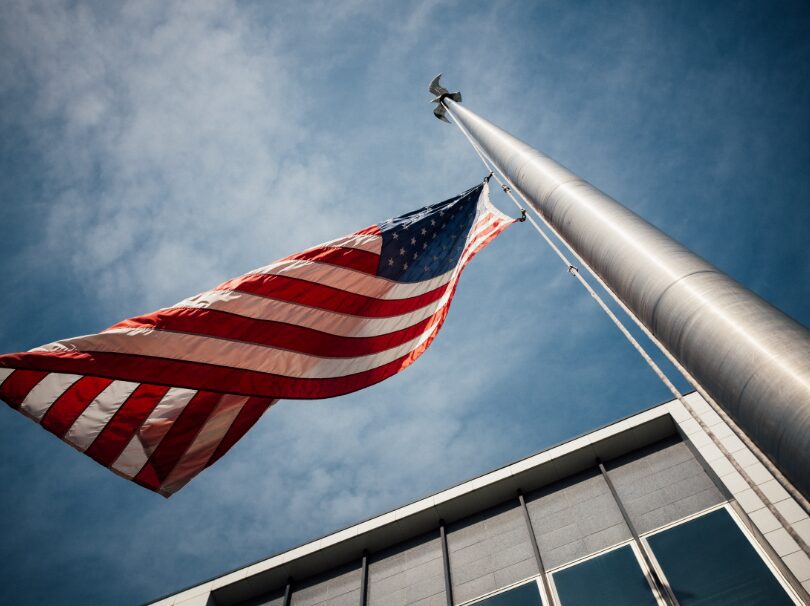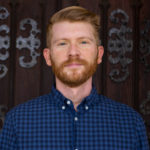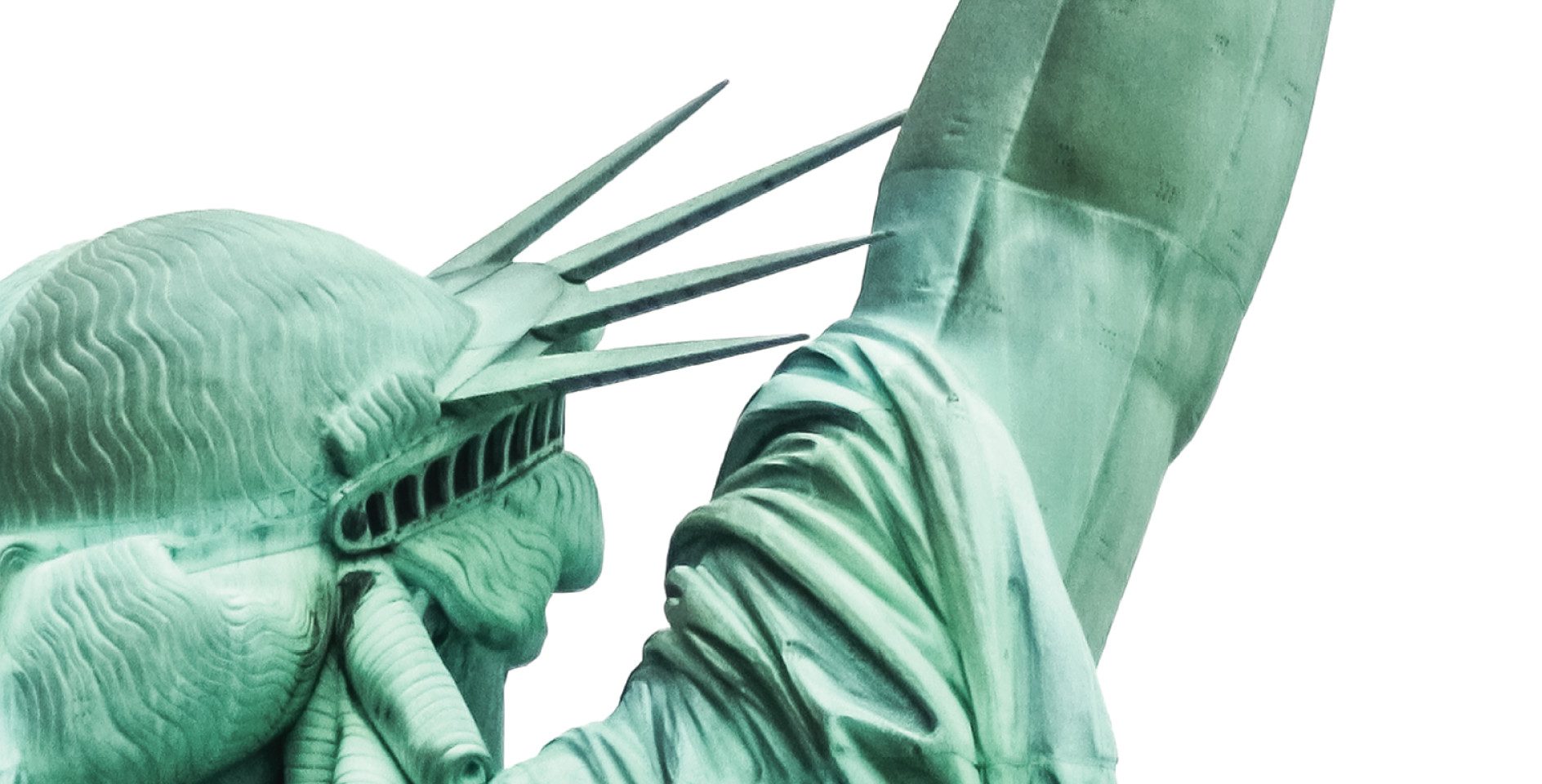My earliest memory of California was a visit I took as a high school senior to the campus of a secular private university where I had received a sizable scholarship. The visit did not go well. The university thought I, an evangelical kid from Kansas City, would enjoy being hosted by upperclassmen who lived in a fraternity house. A naive 18-year-old Southern Baptist who loved DC Talk and was president of my public high school’s anti-drugs club, I found myself enduring the company of students who seemed interested only in alcohol-centric partying and drunken high speed joyrides down Sunset Blvd.
My campus visit to Wheaton College (IL) a few months later offered a stark contrast to this. Instead of a frat house full of kegs and bongs, I was hosted in a dorm full of Five Iron Frenzy CDs and Dallas Willard books. My campus tour included attending chapel and a class where the history professor opened in prayer. My visit culminated in a worship night that sealed the deal. Wheaton was the place for me.
Was my decision to attend Wheaton partially influenced by a desire to attend a “safe” college where my Christian identity and values would not be marginalized? Yes. But it was also influenced by a desire to learn in a robustly Christ-centered and academically rigorous environment; a place where my faith could deepen rather than merely survive four years of college.
Thousands of students each year make the same decision I did, for some of the same reasons. I know this because I interact with students at Biola University, a sort of “West Coast Wheaton,” constantly. I teach a freshman seminar class that affords me the delightfully nostalgic privilege of seeing in the eyes of newly arrived students a bit of myself, 15 years ago: eager, nervous, passionate for Jesus and excited for the opportunity to develop a more intellectually robust faith.
Christian higher education was a gift in my life as a Wheaton student, and it continues to be a gift as I serve on staff at Biola. That is why I am so dismayed by California Senate Bill 1146, which threatens to undermine the very distinctiveness of schools like Biola by legislating them into secular practice. The bill has been vigorously opposed by dozens of institutions in California, including Protestant and Catholic schools, as well as the national Council for Christian Colleges & Universities and various other organizations and faith leaders.
Catholic Archbishop of L.A. Jose Gomez and African-American church leader Bishop Charles Blake issued a joint statement on SB 1146, saying the bill “contradicts the state’s noble tradition of seeking to expand educational and economic opportunities for all Californians.”
Indeed, the real victims of SB 1146 are students, whose ability to attend a private religious college often depends on state financial aid like Cal Grants. SB 1146 would jeopardize this aid for students who wish to attend a faith-based institution that maintains its faith-driven convictions and policies on sexuality and moral conduct. Supporters of the bill either ignorantly assume no student would truly choose to attend a university like this; or they knowingly wish to punish students who align with these “discriminatory” institutions.
Backers of SB 1146 say the bill’s main point is to protect LGBT students who find themselves as students of a religious college whose values and policies affirm traditional sexual ethics. As a safeguard for students who may inadvertently find themselves in this predicament, SB 1146 maps out extensive disclosure requirements so that a religious college’s policies and positions are crystal clear to any prospective student (though they have never been hidden). If this is all SB 1146 were about, California’s faith-based colleges would not be fighting it. These schools are more than happy to be clear about their convictions and conduct standards. The problem with SB 1146 is not that it requires religious schools to disclose their religious policies, but that it would make it impossible for these schools to implement the policies without being subject to lawsuits. It would also make it impossible for many low-income, minority and first-generation students to afford to attend schools that practice those policies.
Ultimately SB 1146 is an assault on choice. It would remove from the marketplace of higher education the option of a distinctly faith-based university whose policies on student conduct, admissions standards, and housing and hiring are (scandal!) based on said faith. Removing choice in this way is un-American and unnecessary. The fact is, there exists and always should exist a multitude of options in this country for people to choose an education that best serves their needs.
As Archbishop Gomez and Bishop Blake state:
It is important to remember that no one is compelled to attend a private religious college or university. Those who do so make a deliberate decision because they are seeking an academic environment and community in which they can live, learn and serve with others who share their beliefs, values and aspirations.
Those who desire this sort of community should be free to choose it, just as atheist students should be free to choose a school where they may avoid being baited into debate by the kid from God’s Not Dead. An atheist shouldn’t pretend that Wheaton or Biola is their only option for a college education, just as the gay couple shouldn’t pretend that the conservative Baptist baker is their only option for a wedding cake.
The recent ChristianMingle.com court case, which resulted in the Christian dating site being forced to tailor its settings to include gay and lesbian options, is another example of this. There are dozens of other dating websites LGBT singles can use to find their perfect match. Rather than forcing a company whose religious identity is foundational to its brand (literally in its name) to function in a secular way, why couldn’t the courts simply provide the plaintiffs with a list of the many similar dating websites that don’t claim a particular set of convictions on sexual ethics?
My wife Kira has Celiac and thus lives a gluten-free lifestyle. It’s not always easy to find restaurants that accommodate this allergy, and sometimes it is downright frustrating when a restaurant we might otherwise want to try is ruled out as an option. But Kira accepts this and doesn’t demand that Panera Bread suddenly purge itself of bread (literally in its name) so as to become a perfect lunch spot for her. She doesn’t sue the popular artisan donut shop because they won’t make the browned butter bourbon donut gluten-free. No, she simply finds the bakeries and restaurants that do have ample gluten free options, and goes to them. She recognizes that fluffy croissants full of gluten are beautiful things for those (like me) who can enjoy them, just as gluten-free buckwheat crepes are a delicious treat for GF folks. It’s OK that there are establishments that only cater to one or the other. The food scene as a whole thrives when experts in one culinary niche or another are allowed to focus on doing a specific thing well rather than trying to be all things to all appetites.
The same goes for a pluralistic society. America is stronger when it is comprised of a diverse array of communities that are allowed to be meaningfully different from one another. Mandating homogeneity of belief and behavior, which SB 1146 does in higher education, weakens a democratic society. Note that one can affirm this principle without resorting to an “all are equally valuable options!” relativism. I can believe that a religion is false and dangerous, or that a diet of chocolate croissants is bad for people, without wanting to legally remove them as options.
I wouldn’t want a world where schools like Wheaton were the only available options to high school seniors. But neither would I want a society where schools like Wheaton were not viable options for weird students of sincere Christian faith.
America is a country where the freedom to choose weird options has always been protected. This has been especially pronounced in California, long the pluralistic incubator of America’s most gloriously niche communities and lifestyles, whether gluten free bakers, gay Republicans, all-male cowboy-philosopher colleges on cattle farms (Deep Springs College), or Christian liberal arts colleges with 30-foot murals of Jesus-as-a-Russian-Jew(Biola).
Proposed laws like SB 1146 are a step backward for American pluralism and Californian openness. As if inspired by a dystopian science fiction novel, the backers of the bill seek to enforce a top-down uniformity of acceptable belief and behavior on students of faith in California. To students like I once was, who desire to attend a college that believes the Bible is true and that obedience to Jesus is more important than authenticity to the self, SB 1146 simply says: “You need not apply.”
Recently, ERLC released a statement, signed by a diverse coalition of religious leaders, calling for the defeat of this legislation in California. You can add your name to this list here.










